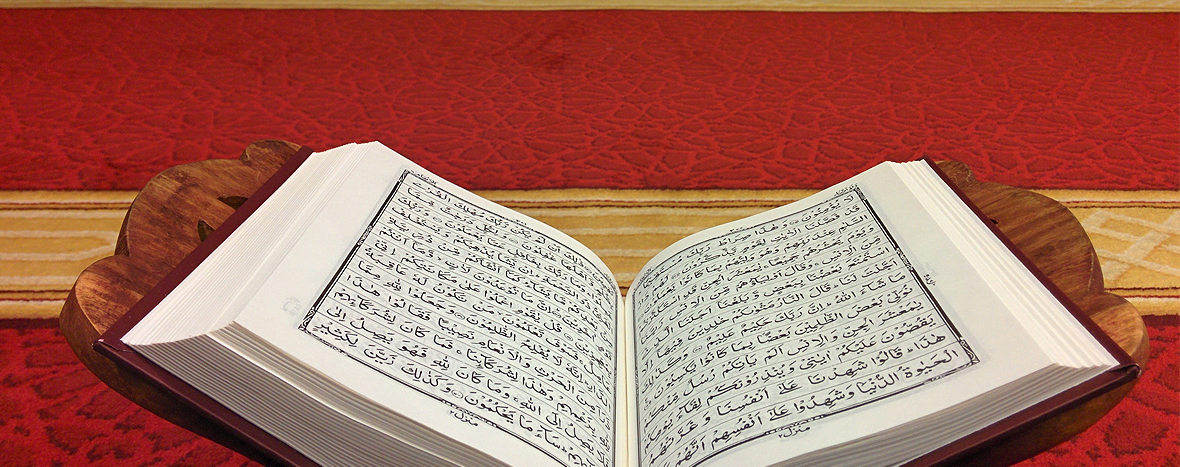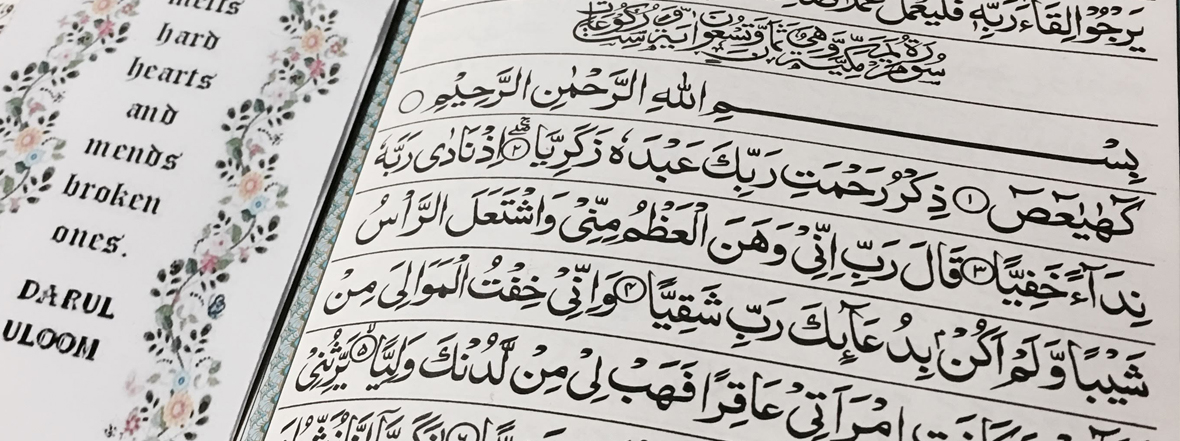The Day of Judgement is the day appointed by Allāh to recompense good or evil deeds. The world is only the field of action, the place where one is required to perform one’s duty and not the place of receiving one’s reward. The mere fact that man happens to be healthy and wealthy or powerful does not necessarily mean that he has won the pleasure and favour of Allāh. Similarly, the mere fact that a man happens to be ill, poor or weak does not indicate that he is the object of Allāh’s wrath.
The sufferings of this world, even its joys, are sometimes a trial, and sometimes a punishment, but never a full recompense, for the world is itself transitory. What really counts is the joy or suffering that will ensure forever, which one will come to know in the other world, beyond this world. Given the fact that good or evil deeds are not fully recompense in this world, and the rational and just principle that good and evil not being equal in value, every deed should be rewarded and punished according to its nature. It readily follows that beyond this world there should be another world where every deed, big or small, good or evil, is to be judged, and then justly rewarded or punished.
The first two part of the sūrah, ‘الحمد لله’ and ‘الرحمن الرحيم’, remind man that he owes everything to Allāh alone, for it is Allāh who has created him out of nothing, endowed him with the best form and continues to sustain and nurture him.
The phrase ‘Master of the Day of Judgement’ is a warning to man reeling in his forgetfulness and self-conceit and an intimation that all his possessions, all his relationships with people and items are all short-lived. That there will come a Day when masters will no longer be masters, slaves will no longer will be slaves, when no one will own anything even in appearance. In reality, ownership and mastery, apparent as well as real, of the whole universe will and does belong to none other than Allāh. It also tells man that on the Day of Requital one cannot possibly have an helper other than Allāh.
[Ma’āriful Qur’ān, Volume 1, Page 67-70]





